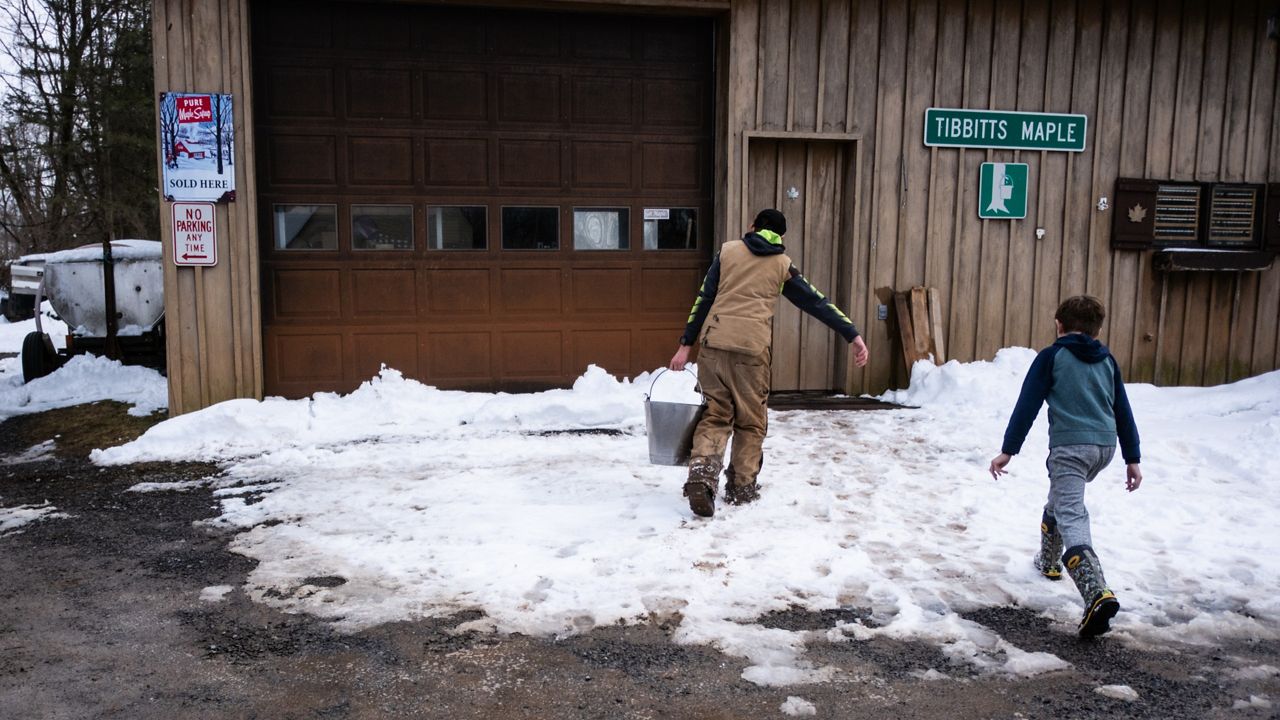More than 6,000 veterans died by suicide in 2021, according to the U.S. Department of Veterans Affairs, and advocates say that statistic fails to provide a full picture of the problem.
“I had a friend of mine call me up one day and he said he was going to kill himself. And I went to his house and took him to the VA and made sure he got the help he needed," said American Legion New York Department Commander Timothy Collmer.
That veteran is still here today, but that's not always how these stories end.
No matter the data reported, we may never know how many veterans kill themselves in the U.S.
“When the reports come in, they're listed wrong and a lot of people, they'll protect their families on that. That's why they'll want to make it look like an accident if they are successful in taking their life. And that's a tragedy. We don't we don't want anyone to take their life. We don't want anyone to lose hope," said American Legion National Commander Daniel Seehafer.
Seehafer said suicidal thoughts plague veterans of every demographic, while veterans have served their country, their battle to protect themselves from these thoughts becomes a lifelong mission.
“What we're saying is, be the one to reach out to our two other veterans, listen and ask," Seehafer said.
If you or someone you know is suicidal, calling 988 is encouraged. Veterans can dial 988-1 for specific help. There are free tips and programs through the VA to help people know what to do.
“One of the steps may be to ask them if they're going to kill themselves. And the S.A.V.E. training teaches us how to talk to veterans when they're in a crisis. And you don't beat around the bush. You have to be comfortable enough to ask that question," said past American Legion New York Department Commander David Riley.
Another tip is to have firearms safely secured. The time it takes to unlock a locked firearm can provide crucial moments for the person experiencing suicidal thoughts to reconsider what they’re doing.
“There's help. Just ask for help. There's veterans like us that are here willing to listen, to take the time to listen to you and get the help and the resources that you need," said Collmer.







